7 prohibited acts of lower secondary school students in Vietnam
7 prohibited acts of lower secondary school students in Vietnam
Pursuant to Article 37 of the Charter for lower secondary schools, upper secondary schools, and schools with multiple education levels, issued along with Circular 32/2020/TT-BGDDT, 7 prohibited acts of lower secondary school students in Vietnam include:
Article (1) Insulting the dignity and honor, infringing upon the physical body of teachers, school staff, other persons, and other students.
Article (2) Cheating in studies, tests, exams, admissions.
Article (3) Buying, selling, using alcohol, beer, tobacco, addictive substances, other stimulants, fireworks, and inflammable or explosive substances.
Article (4) Using mobile phones, and other devices during class that are not for studying purposes and without the teacher's permission.
Article (5) Fighting, causing disturbances, disrupting order and security in the school and public places.
Article (6) Using, exchanging cultural products with violent or obscene content; using or playing with toys or games harmful to their healthy development.
Article (7) Students are not allowed to commit other prohibited acts according to legal regulations.
Thus, the above are the 7 prohibited acts of lower secondary school students in Vietnam.
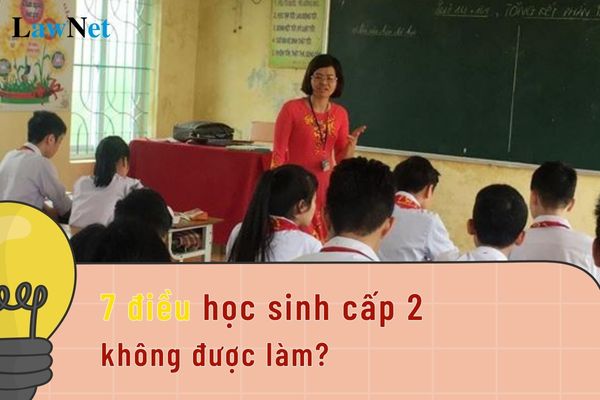
77 prohibited acts of lower secondary school students in Vietnam (Image from the Internet)
What are regulations on behaviors at school of lower secondary school students in Vietnam?
Pursuant to Article 36 of the Charter for lower secondary schools, upper secondary schools, and schools with multiple education levels, issued along with Circular 32/2020/TT-BGDDT, the behaviors at school of lower secondary school students in Vietnam are as follows:
- The behavior, language, and conduct of students must be appropriate, respectful, polite, friendly, ensure cultural values, and align with the ethics and lifestyles of secondary school age students.
What are forms of handling when lower secondary school students in Vietnam violate regulations?
Pursuant to Article 38 of the Charter for lower secondary schools, upper secondary schools, and schools with multiple education levels, issued along with Circular 32/2020/TT-BGDDT, the provisions on rewards and discipline are as follows:
Rewards and discipline
1. Students with achievements in study and training are rewarded by teachers, the school, and educational management levels in the following forms:
a) Commendation before the class or the whole school.
b) Rewarding student titles according to regulations.
c) Issuing certificates, certificates of merit, awards, if achieving outstanding achievements or making remarkable progress in certain areas of study, competitive movements; achieving results in exams, contests as per Ministry of Education and Training’s rules.
d) Other forms of reward.
2. Students with shortcomings during the study and training process are educated or disciplined in the following forms:
a) Direct reminders, support, and assistance to help students overcome shortcomings.
b) Warnings, informing parents to coordinate in helping students overcome shortcomings.
c) Temporarily suspending study at the school for a specified time and implementing other educational measures as specified by the Ministry of Education and Training.
Thus, according to regulations, when lower secondary school students violate regulations, they may be disciplined in the forms of reminders, direct support to help students overcome shortcomings; warnings, informing parents to coordinate in helping students overcome shortcomings; temporarily suspending study at the school for a specified duration and implementing other educational measures as per Ministry of Education and Training’s regulations.
What are rights do lower secondary school students in Vietnam?
Pursuant to Article 35 of the Charter for lower secondary schools, upper secondary schools, and schools with multiple education levels, issued along with Circular 32/2020/TT-BGDDT, lower secondary school students in Vietnam have the following rights:
{1} Equal access to comprehensive education, ensuring conditions regarding time, infrastructure, hygiene, and safety for studying in class and self-study at home, being provided with information about their study and training, using equipment and facilities for academic, cultural, and sports activities of the school according to regulations.
{2} Being respected and protected, treated equally and democratically, having the right to make complaints to the school and educational management levels about decisions concerning themselves; being allowed to transfer schools for justifiable reasons as per current regulations; allowed to study ahead of schedule, skipping grades, or studying beyond regulated age according to Article 33 of this Charter.
{3} Participating in activities to develop their talents in subjects, sports, and arts organized by the school if conditions are met.
{4} Receiving scholarships or other allowances according to regulations for students with social policy benefits, students with life difficulties, and students with special abilities.
{5} Transferring to another school if conditions are met according to regulations; procedures for transferring schools are implemented according to regulations of the Ministry of Education and Training.
{6} Enjoying other rights as per legal regulations.
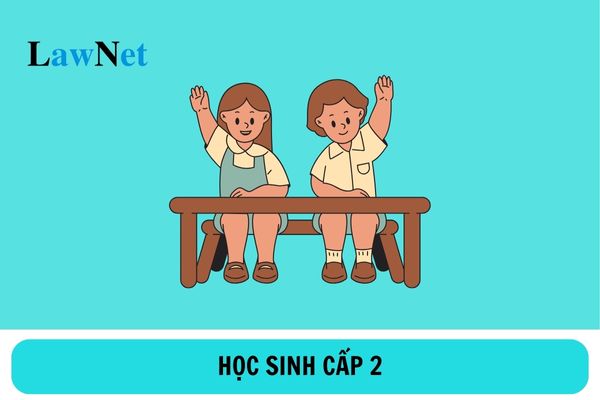
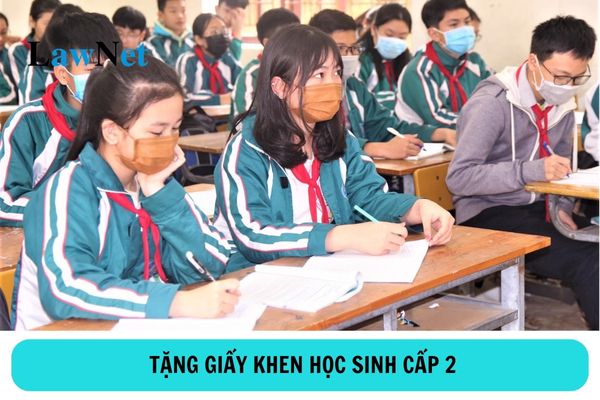
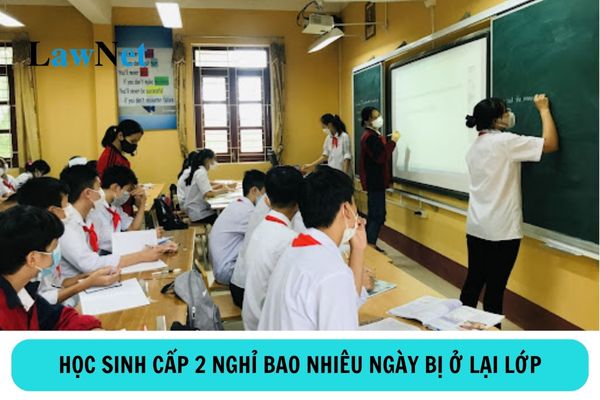
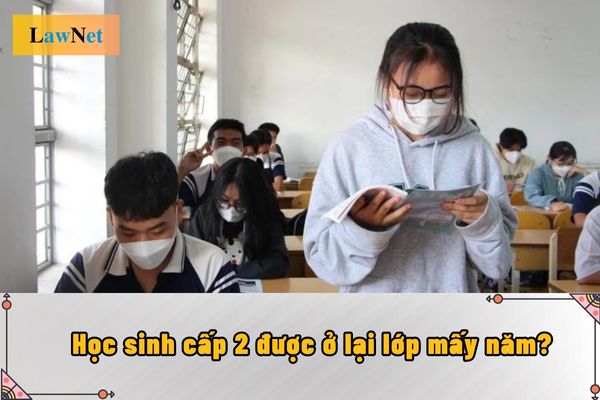
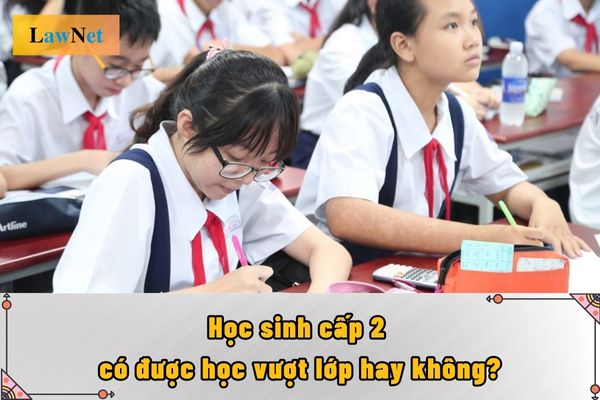
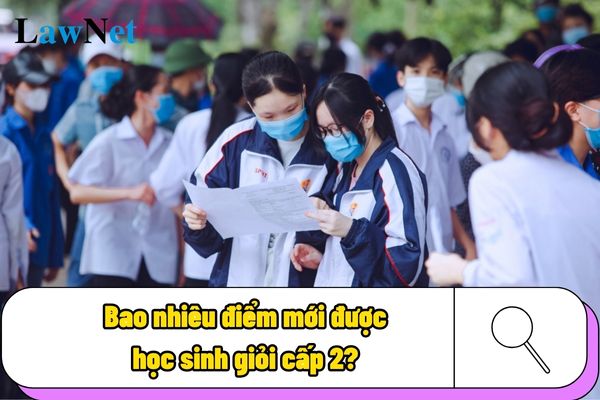
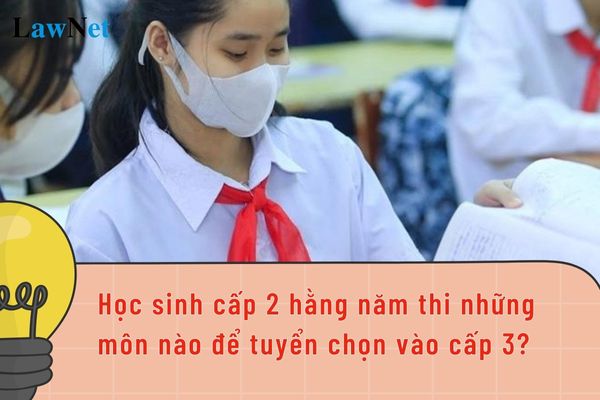
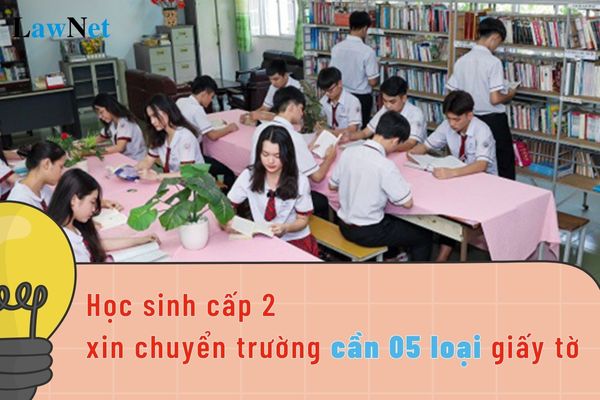
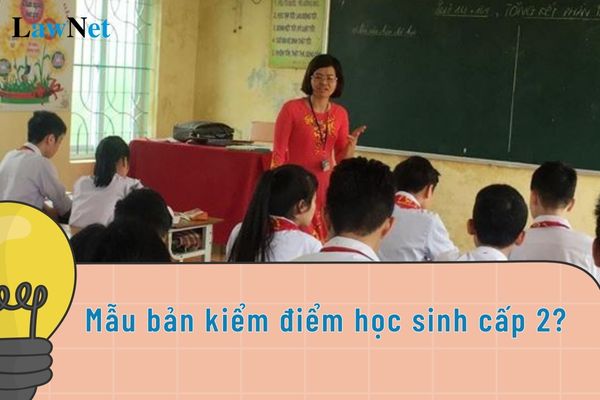

- Standards for Facilities of Vocational Education and Continuing Education Centers - What Are They Like?
- What are the conditions for a foreign educational institution to establish a representative office in Vietnam?
- What is the term of office of the principal of an intermediate school in Vietnam?
- What are the eligibility criteria for applying to an upper-secondary boarding ethnic school in Vietnam?
- Vietnam: What are the conditions for establishing a boarding ethnic secondary school from November 20, 2024?
- Do primary school students have to pay tuition? Who are the students eligible for tuition exemption in Vietnam?
- What is the overview of Vietnamese literature from the onset of the August Revolution in 1945 to the 20th century? What are the elective subjects for 12th-grade students?
- Vietnam: What is the sample analysis of narrative art in the work "Vợ chồng A Phủ" for 12th-grade students? What is the age of students entering 12th Grade?
- Vietnam: What are the guidelines for preparing the lesson "Người lái đò trên sông Đà"? What are the academic topics in the 12th-grade Literature curriculum?
- Vietnam: What are the guidelines for preparing the lesson "Literary Process and Literary Style" for 12th-grade students? What are the academic topics in the 12th-grade Literature curriculum?

